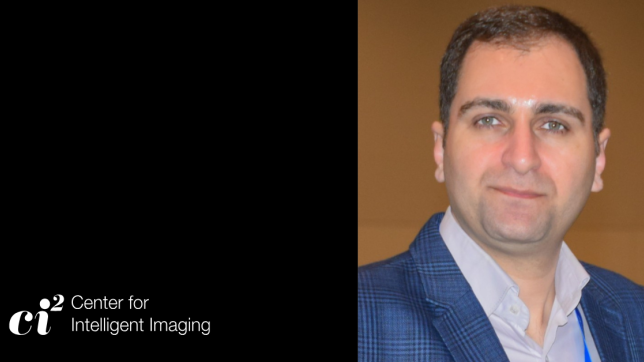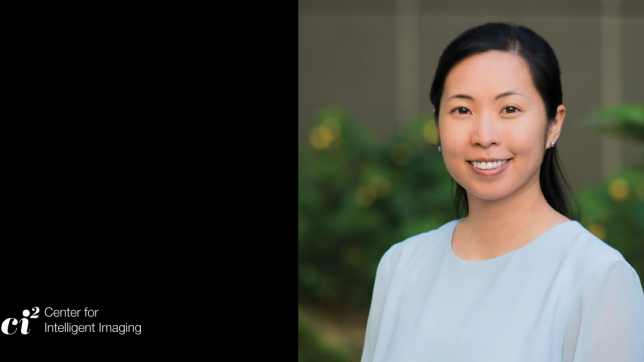John Mayfield, MD, PhD, MSc, a Neuroradiology Fellow at Massachusetts General Hospital, has been studying foundation models that revolutionize patient care using artificial intelligence (AI). Dr. Mayfield recently presented his cutting-edge science at the SRG Pillar meeting for the Center for Intelligent Imaging (ci2) at the University of California, San Francisco. His presentation, "Foundation Models & Multi-Omic Methods: Revolutionizing Precision Medicine with Classical + Quantum AI," showcased his findings.
Foundation models are large-scale, retrained AI systems that can be adapted to a wide variety of downstream tasks through fine tuning — similar to the functionality of large-language models (LLMs). The success of LLMs has inspired similar approaches for complex medical data to help tackle several problems, including clinician burnout. The models are trained on massive, unlabeled datasets, enabling generalization across diverse tasks.
The advancements pave the way for revolutionary precision medicine, which relies on a comprehensive understanding of patient health and integrating diverse data sources from clinical observation.
Dr. Mayfield describes multi-omic data as a specific type of multimodal data focused on biological 'omics' levels, such as genomics and radiomics. "Integrating these data streams unlock deeper insights into disease progression, patient response to treatment and personalized health strategies," he said. "Forming the bedrock of the advanced foundation models in medicine."
There are pearls and pitfalls of multi-omic integrations. This data provides benefits like enhanced prediction accuracy, early detection, treatment selection, mechanistic insights and novel biomarker discovery; however, there are concerns with privacy, missing data and interpretability.
Dr. Mayfield dives into specific case examples of how both classical and emerging quantum foundation models are being deployed to revolutionize disease prediction and patient management.
In one study, Dr. Mayfield developed a semi-foundation model using 8,500 unlabeled chest CTs. The result of the self-supervised learning (SSL) work was an improved classification of osteoporosis grade and fracture risk accuracy. In a separate study using a classical foundation model approach, Dr. Mayfield pinpointed an early detection system for HPV-positive squamous cell carcinoma.
In research using quantum-classical foundation models, Dr. Mayfield used a novel approach combining a classical foundation model with variational quantum circuits to integrate heterogeneous biomedical data for glioblastoma outcome prediction. The classical implementation accounted for the transformer-based embedding of imaging and pathology. The quantum branch accounted for the variational quantum circuits for genomics pattern recognition. This study earned Dr. Mayfield the 2024 NIH NCI/ODSS Biomedical Quantum Computing Challenge.
Visit the ci2 events page to learn more about the upcoming SRG Pillar meetings.



